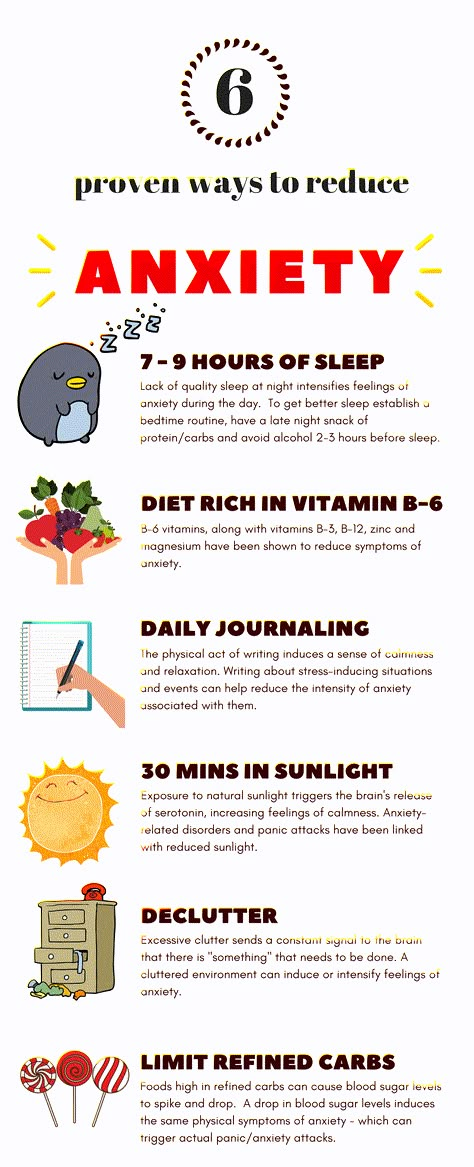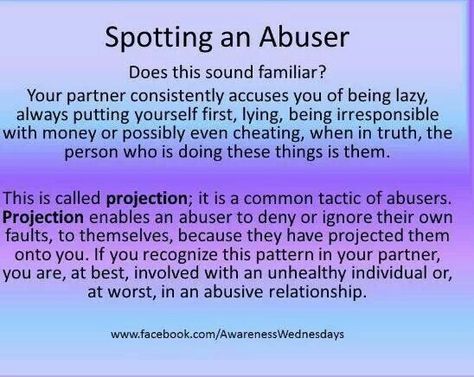Breaking point psychology
What to Do When You Reach a Breaking Point
How many times have you thought — or said to yourself — “I can’t take this any longer?”
We all face a breaking point from time to time. Successful people do, too. No one is immune to continuous stress or anxiety. However, learning how to overcome a breaking point is crucial to your success.
Breaking points test us. And with courage and resilience, we can turn them into defining moments for the better.
Breaking Points Don’t Happen Overnight
“Each man has a breaking point, no matter how strong his spirit. Somewhere, deep inside him, there is a flaw that only the fickle cruelty of fate can find.”
— David Gemmell
Everyone has a breaking point. Denying it can be dangerous. The earlier you recognize the signs, the earlier you can do something about it.
Most people crack up when their stress levels become unbearable. A breaking point is not an isolated incident but the culmination of an internal process; tension and stress often build over time until we have enough. Even though fatigue builds up, we continue pushing and want to stay the course. We fail to pay attention to the mind that’s telling us to stop. Until it’s too late.
Everyone experiences breaking points in distinct ways.
Some people resist being under pressure, and they immediately turn off. Others ignore the symptoms, letting stress build up until, all of a sudden, they explode. Many individuals overreact to situations that might feel normal to anyone else.
Chronic stress is like hearing a dripping faucet, according to Deepak Chopra: “First, you notice it, then you get irritated, and finally, you can’t stand it anymore. By the time you get to Stage 3, it’s time to fix the drip.”
Stress affects us one drop at a time until we can’t tolerate it any longer. Your brain is triggered to respond — it releases stress hormones that throw you out of balance.
Deepak Chopra identifies three stages that turn the dripping faucet into a make-or-break situation.
Stage 1: You are aware of being under pressure, but still feel centered.
Stage 2: Stress clouds your judgment, and you start to lose control. You have to make a conscious effort not to respond with anger, anxiety, or impatience.
Stage 3: You can’t cope any longer, and you explode — you release your tension momentarily but feel embarrassed and regretful.
Stress is cumulative; don’t miss the signs.
How to Deal With Breaking Points
A breaking point is a moment of greatest strain. Interestingly enough, the breaking points are the moments in which we need to stay calmer. Research shows that trying to control every event increases our stress.
Columbia University’s George Bonanno coined the term “PTE” (Potentially Traumatic Event) — an event is not traumatic unless we experience it as such. You can turn an adverse moment into a breaking point or not.
Always adapt, never react
Fighting what we don’t know or can’t control it’s inherently human. Our brain loves being in charge. That’s why we feel anxious when facing breaking points — we want to be in control of every situation.
Take time to acknowledge your emotions. Are you angry? Sad? Disappointed?
Self-awareness is critical to pause and reflect — connect with your emotions but don’t react. Learn to acknowledge and observe your thoughts rather than through them. Don’t let your emotions cloud your vision.
Resilience requires practice
Recovering from a breaking point takes time and practice. Resilience is a skill that you develop through time — be patient and willing to put the effort.
Remind yourself of similar past situations that you were able to overcome: “I’ve been there, done that. I can do it again.”
Send a message to the world
When you are against the ropes, saving a break point boosts more than your self-confidence — you are saying that you are alive and kicking.
Treat your breaking points as a match. Don’t let your "opponent" win — stay focused and balanced. What’s your message to the world?
Turn your mind into an ally
Routine, distractions, and busyness debilitate our mind — we feel like living on autopilot.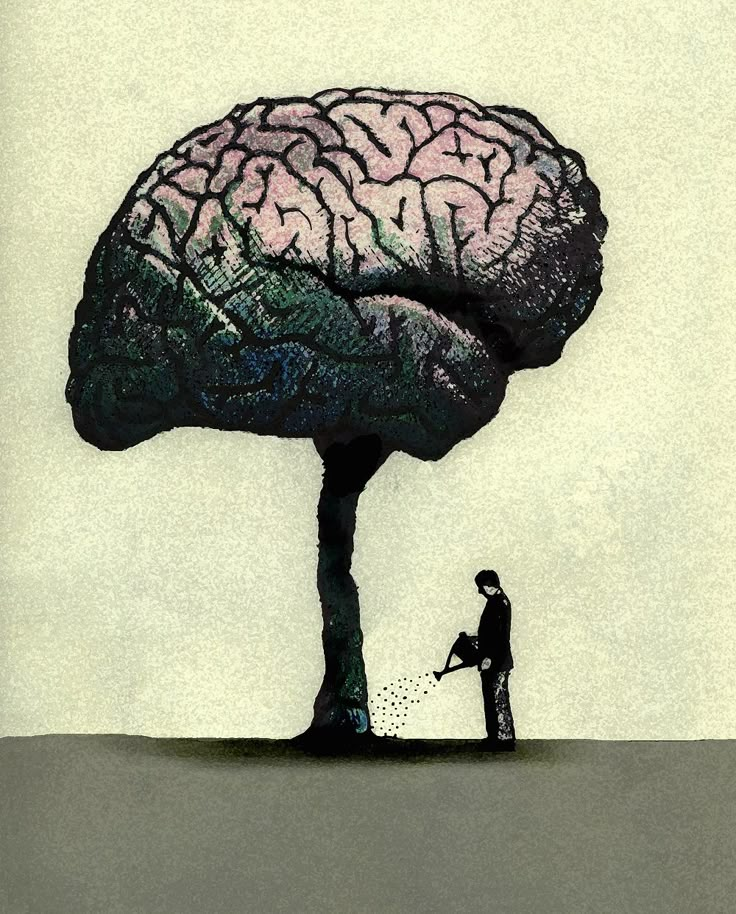 Meditation and other mindful practices can turn your mind into your best ally.
Meditation and other mindful practices can turn your mind into your best ally.
Practice strengthening your mind — become familiar with yourself so that you can deal better with unexpected events. Embracing your own vulnerability will make you stronger.
Utilize social support
You don’t need to fight your breaking point alone. We are as strong as the strength of our relationships. Who do you trust? Who can provide a calm space to help you clear your mind?
Having a success partner makes it easier to deal with life’s challenges. Check out this simple exercise to start building yours.
What Is the Breaking Point? (with pictures)
`;
B. MillerIn psychology, the breaking point refers to the point at which a person breaks down, can endure no more, or finally reaches a point where a permanent change is made. This is typically related to stressful or highly emotional situations, in which a person will be forced to cope with something that particularly challenges them. The breaking point for each individual person may be different; some people respond particularly well to stressful situations, while others have a much lower point at which a situation becomes too much to endure. To visually imagine this point, picture a piece of wood or plastic that is bent at an angle; eventually, the stress of the curve will be too much, and the wood or plastic will simply snap.
This is typically related to stressful or highly emotional situations, in which a person will be forced to cope with something that particularly challenges them. The breaking point for each individual person may be different; some people respond particularly well to stressful situations, while others have a much lower point at which a situation becomes too much to endure. To visually imagine this point, picture a piece of wood or plastic that is bent at an angle; eventually, the stress of the curve will be too much, and the wood or plastic will simply snap.
The concept of the breaking point is one of the key ideas behind interrogating people accused of a crime. The interrogation can be quite intense and long lasting, to encourage people to reach their breaking point and reveal the information that the interrogator is looking for. Of course, certain methods of interrogation raise questions about their ethics; particularly if people are forced to their breaking point, but then reveal false information because the interrogation is too intense.
The interrogation can be quite intense and long lasting, to encourage people to reach their breaking point and reveal the information that the interrogator is looking for. Of course, certain methods of interrogation raise questions about their ethics; particularly if people are forced to their breaking point, but then reveal false information because the interrogation is too intense.
Of course, there are a number of other situations that can lead people to a breakdown in life. A particularly stressful time, such as the loss of a job or a serious medical condition, can bring individuals to the point where they break down.![]() The loss of a spouse, partner, or close family member could also lead to this effect. This could lead to an emotional breakdown, mental illness such as depression, or other mental issue. Some people can resolve these problems by themselves, while others will need treatment from a mental health professional.
The loss of a spouse, partner, or close family member could also lead to this effect. This could lead to an emotional breakdown, mental illness such as depression, or other mental issue. Some people can resolve these problems by themselves, while others will need treatment from a mental health professional.
A breaking point does not necessarily need to lead to a negative outcome. It can also spur significant positive life changes. For instance, people with drug or alcohol addictions might reach a point where they realize, through whatever means necessary, that they cannot go on as they are.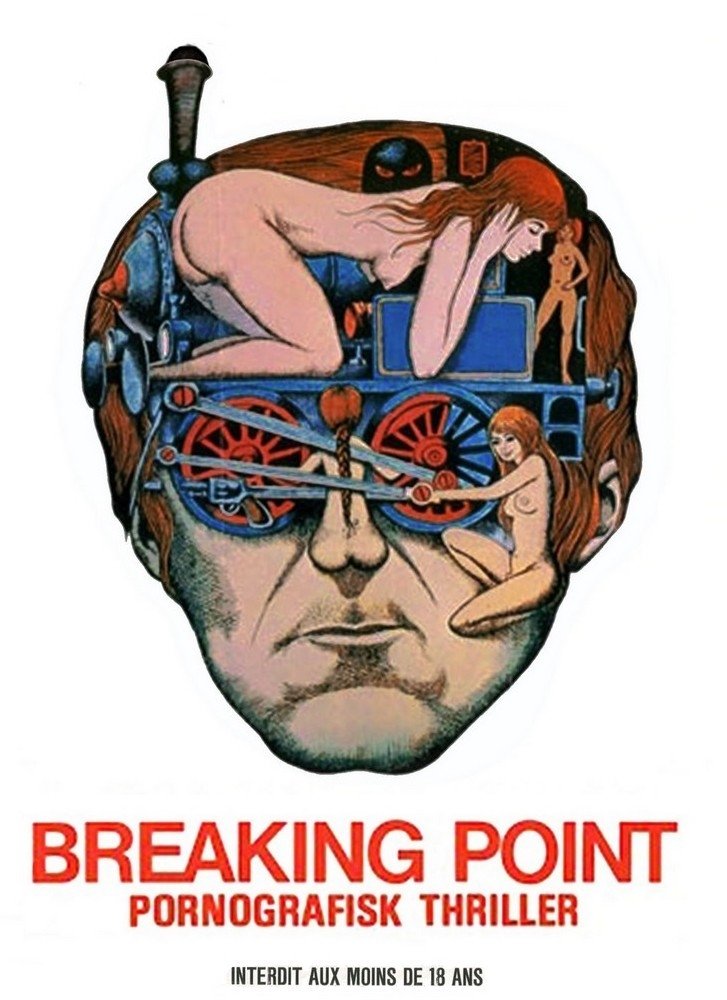 This might lead them to pursue treatment and get help, and to eventually turn their lives around and defeat the addiction. Even something such as a realization about one's relationships or career can lead to a sort of breaking point, and an eventual change to something better; it is important to recognize that the point at which one realizes that a change needs to be made can be one of the most beneficial points in life.
This might lead them to pursue treatment and get help, and to eventually turn their lives around and defeat the addiction. Even something such as a realization about one's relationships or career can lead to a sort of breaking point, and an eventual change to something better; it is important to recognize that the point at which one realizes that a change needs to be made can be one of the most beneficial points in life.
9 symptoms that you have reached a turning point in your life
29,884
The term “midlife crisis” became widely known in the 60s, but today, for a number of reasons, the professional community is increasingly moving away from it. Everyone should remember the main thing: the best age is the one in which you are now.
Everyone should remember the main thing: the best age is the one in which you are now.
However, there are certain milestones in life, the passage of which, on the one hand, leads to personal and spiritual growth, on the other hand, causes difficulties. We are seized by a feeling of uncertainty, the old values are losing their relevance. A turning point can be recognized by a number of signs. If you find yourself experiencing the following symptoms, then it's time to look at life in a new way.
1. You ask existential questions
You may have outgrown this life stage. Intuitively, you feel that it is time to move on, but have not yet chosen in which direction. At this point, it's good to take a breather and think about what you want. Conduct an audit and find out if the goals that you once set for yourself are relevant? It may turn out that you still embody the dreams of your parents and live according to the patterns accepted in society, instead of listening to your heart and following its call.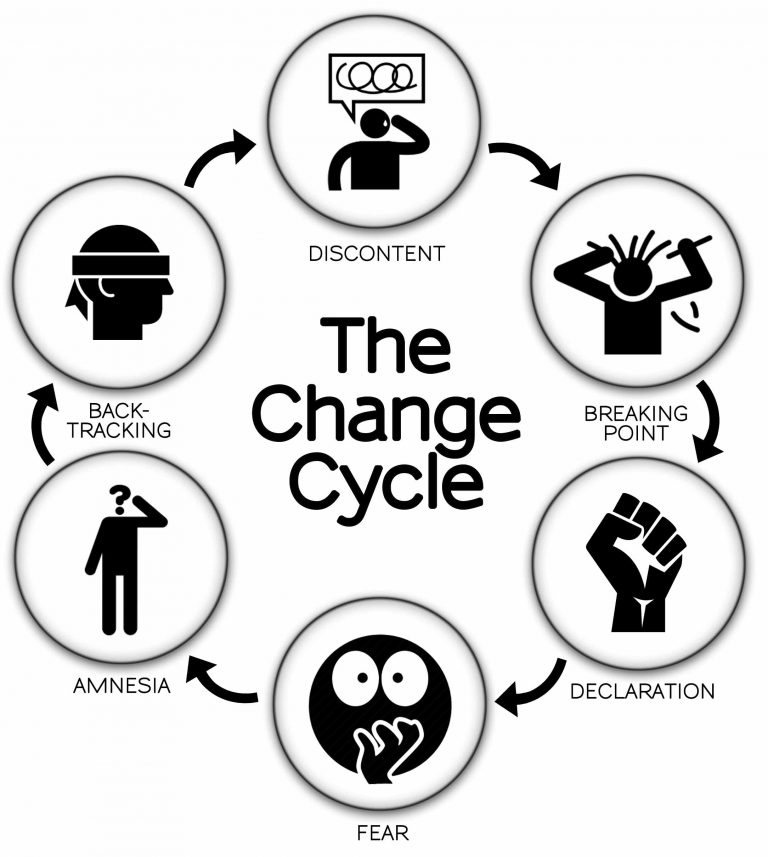
Remember, a period of reflection will help you discover things that don't fit in your life today and get rid of them. Growing healthy curiosity encourages the search for creative solutions to problems, gives hope for overcoming the crisis.
2. You act in the heat of the moment
You are introspective and draw rash conclusions about the quality of your life. For example, you convince yourself that a relationship with a loved one has lost its novelty, romance has disappeared in them; the work ceased to give the desired satisfaction.
Impulsive decisions in such situations rarely bring relief, but quite often spoil everything. Before drawing radical conclusions, it is worth taking a pause and calmly, without drama, consider what is happening in the context of today's situation.
Take a deep breath, turn on the thought process, then make a decision, not the other way around.
3. It seems to you that you are losing your mind
You forget why you went, where you left this or that thing, any little things annoy you, you explode with a storm of emotions for no apparent reason, you notice that your family members have begun to avoid you. You may have a hormonal imbalance associated with a lack of estrogen, which can begin several years before menopause. Today, there are many ways to painlessly overcome this period and avoid hanging age labels.
You may have a hormonal imbalance associated with a lack of estrogen, which can begin several years before menopause. Today, there are many ways to painlessly overcome this period and avoid hanging age labels.
4. You no longer remember when you slept soundly all night
This symptom may also be associated with hormonal deficiency. Another reason is that heavy existential thoughts overwhelm you so much that even sleep becomes unsweetened. As soon as you understand yourself and a ray of hope appears, perhaps the dream will improve by itself.
5. The future seems dull and uncertain
One of the beautiful features of youth is the idea that there is an infinitely long life ahead, there is all the time in the world to fulfill dreams. At a certain age, naive beliefs pass, optimism is replaced by fear.
It is natural to take off your rose-colored glasses, but you should not change them for dark glasses. You can get out of the oppressive state in which the future seems gray and dull, remembering the former serenity and again believing that all the brightest and most beautiful awaits you ahead.
6. Boredom more and more often overwhelms you
Boredom, accompanied by the absence of passions in life, can become one of the symptoms of a critical period. Duties and routines of an adult take their toll, depriving you of the ability to have fun and have fun for no good reason.
Hobbies will bring variety to life
The cure for boredom can be to find hobbies that will take you out of your comfort zone. For example, if you've always liked cooking shows, sign up for a cooking class. Learn a new musical instrument, take dance lessons, choose any hobby that suits your interests.
7. The feeling of irretrievable loss does not leave you.
You often return in your thoughts to the fact that something intangible has irrevocably left your life. It is difficult for you to determine what it is, but the feeling of loss does not leave. It may be associated with the loss of an ideal that could not be achieved.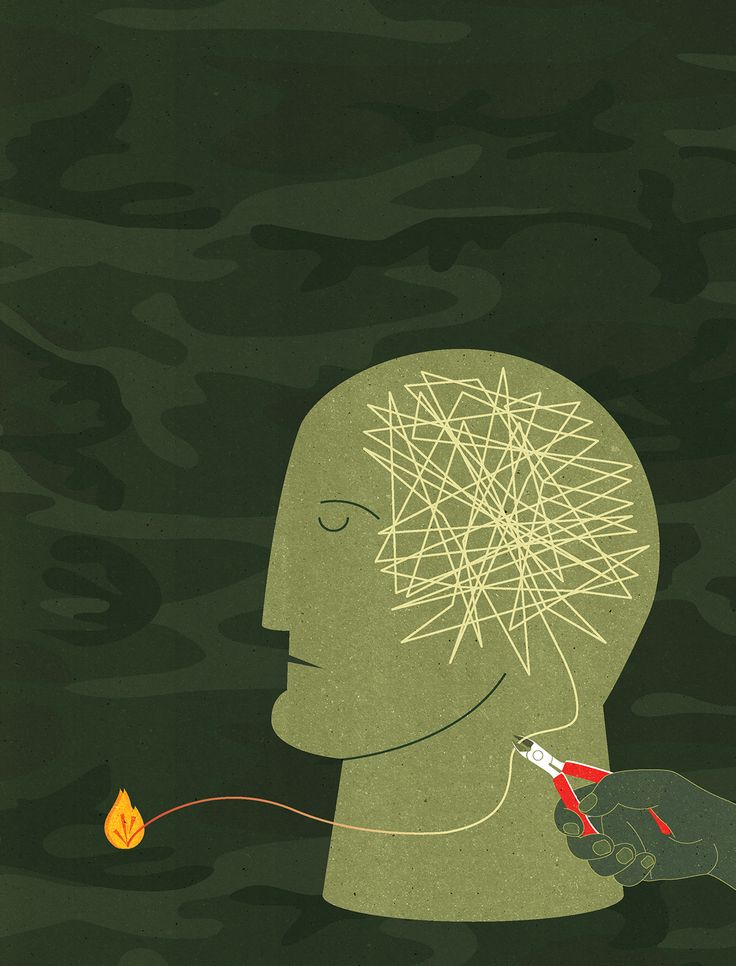 Comparing the image that you dreamed about with reality, you feel empty and disappointed.
Comparing the image that you dreamed about with reality, you feel empty and disappointed.
It happens the other way around, everything that was planned came true, but the thought does not leave you: “Is that all? What's next?
Do not forget that you approached the current milestone with the accumulated experience, wisdom and conclusions that you made in the process of self-knowledge. All this will undoubtedly benefit you. Even if past dreams have not come true, you can create new ones and start realizing them, relying on the conviction that there is still a lot of new and unknown ahead. Perhaps you will succeed even in something that you did not dare to think about.
8. You obsess over your appearance
The desire to look better, younger, “blusher and whiter” is understandable, but sitting at the mirror for many hours, accompanied by lamentations over each wrinkle that has appeared, is a wake-up call. In pursuit of perfection and eternal youth, some people are ready to take drastic measures. Unfortunately, such attempts often fail. They turn a person into a beautiful plastic flower: perfect, but completely false.
Unfortunately, such attempts often fail. They turn a person into a beautiful plastic flower: perfect, but completely false.
Each age has its own advantages
People are driven to such actions by the fear of losing their former freshness and attractiveness. They succumb to the pressure of public opinion and imposed standards of beauty.
Lonely people are primarily at risk. But even those who are in stable relationships often lose their heads in the pursuit of ideal weight and physical shape.
The inevitable external changes worry both women and men. But it is worth remembering that each age has its own advantages. You just need to learn how to use them correctly and take them with dignity.
9. You stop taking care of your appearance
Some women may experience the opposite reaction: they stop taking care of themselves. Believing that age-related changes are inevitable, they say: "Let it be as it will be.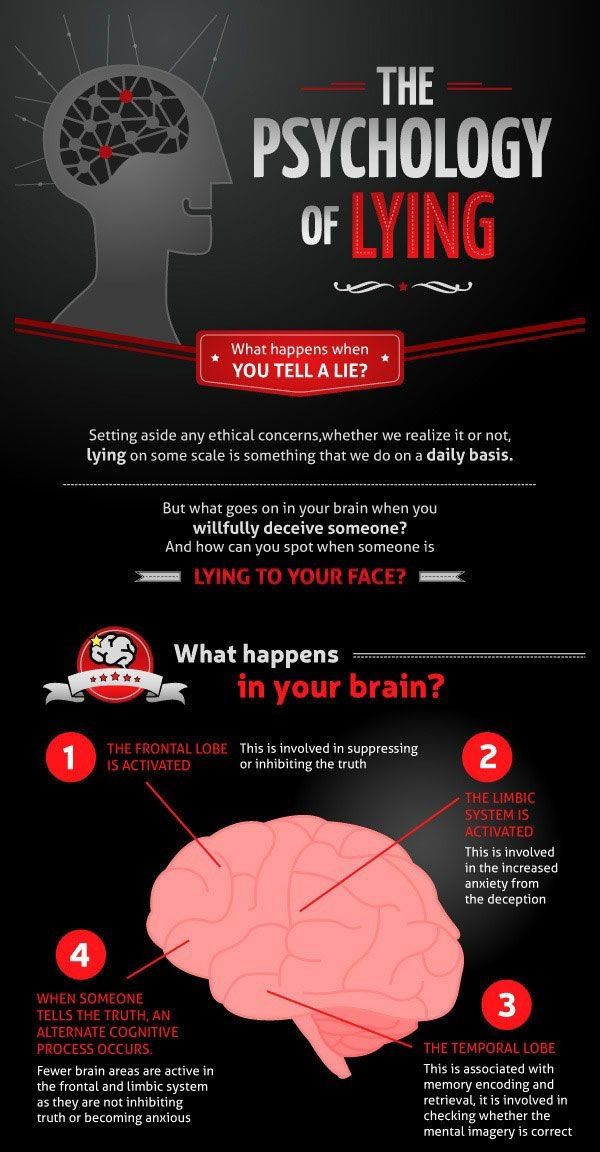 "
"
A woman can remain beautiful and elegant at any age, and there are many examples of this. Modern cosmetic procedures and skin care products allow you to maintain youth for many years. In addition, only after a certain age a woman can afford to wear exquisite outfits, expensive furs and jewelry, because at a younger age they look out of place.
Middle age resembles adolescence. In addition to the difficulties, there is the same power of mastering new ideas, searching for opportunities, the desire to learn, to make dreams come true.
Try to look to the future with optimism and an open heart. There is a lot of interesting things ahead of you, so go for it!
About the author
Lyubov Revenko — psychologist, hypnotherapist, co-founder of the School of Conscious Change. Specializes in working with traumatic experiences, anxiety, phobias, addictions and relationship problems with a partner.
Text: Lubov Revenko Photo Source: Getty Images
New on the site
How to live to 100 years old: Swedish secrets of longevity
“His ex is getting into our relationship”: who is to blame?
Tatyana Mingalimova: "Sex is fun"
Test: What are you looking for in men?
“I want to make art my source of income, but I’m not sure I have enough talent”
“The relapse made me angry”: a reader’s story about a twice-passed cancer
Stop hating yourself: how to achieve true acceptance of your body
Should an adult child give money to a family?
"How not to break at a turning point"
He who steps softly can go far. Chinese proverb
Chinese proverb
When I was going through difficult times, I often reminded myself to be strong. But it is impossible to keep yourself in a strong-willed vice all the time. And at some point, I realized that by tightening the nuts for myself, I risk breaking the thread.
Where there is pressure and resistance, relapse is only a matter of time. Wait ready. The reason for this breakdown is the struggle that unfolds within us at a turning point when we force ourselves to be strong by breaking ourselves.
Perhaps we are taking the phrase " all life is a struggle " too literally. We fight where we don't need to, and we push ourselves into boxes that are in line with our beliefs but contrary to our desires. As a result, we often fight with ourselves than with what is happening.
It is important to allow yourself to be weak sometimes, to give yourself the right to make mistakes and allow yourself "forbidden" emotions. Without this tolerance, it is difficult to open up to change and not break down at a turning point.
Fear, anger, resentment are the same emotions as joy, delight and pleasure. Why don't we treat them the same way? We laugh and rejoice from the bottom of our hearts. Why don't we allow ourselves to be offended or angry from the bottom of our hearts?
How about envying someone to the fullest? You involuntarily join the game, watching yourself turning green with envy or turning purple with anger. Becoming an observer makes it easier to manage yourself and your emotions.
Negative emotions have more energy than positive ones . This energy can be suppressed or used as a stimulus. Fear makes us move. Envy helps us understand what we want. Anger shows us where to change our attitude. Failure motivates action, success does not. The crisis makes you look for a solution, comfort does not.
The power of a turning point
When you realize the potential of a turning point, you begin to perceive it as an invisible hand that guides you through life. You can pull your hand back, or you can trust it, catch the direction and hit the road.
You can pull your hand back, or you can trust it, catch the direction and hit the road.
You can relax and open up to change . Relax when emotions run high?! Yes, otherwise we risk hurting ourselves. Stress is the cause of many of our injuries, both mental and physical.
In the power of emotions, it is impossible to think rationally . And often we not only do not seek to calm down, but, on the contrary, indulge in emotions even more strongly. Paul Ekman called this phenomenon "Othello's fallacy". A moment of weakness - and you can't escape from the funnel of emotions. Twisted - twisted.
Just a little mindfulness is all you need to keep yourself from being pulled to the bottom . The easiest way is to start looking for the answer to the question of what kind of emotion you are feeling. This will distract and switch attention, which means it will help to perceive everything more objectively.
When we talk about how we feel, we feel better. Having admitted to yourself: “Yes, I’m scared,” you are already much less afraid. Having realized the emotion, you need to consider it, catch all the shades, experience it, feel it with every cell and do it with full dedication.
Having admitted to yourself: “Yes, I’m scared,” you are already much less afraid. Having realized the emotion, you need to consider it, catch all the shades, experience it, feel it with every cell and do it with full dedication.
The main thing is not to get bogged down in savoring the experiences (self-pity is very addictive). I deal with this by allocating a clear amount of time to experience this or that emotion. After that, you can enter into a constructive dialogue with yourself, develop an attitude towards what is happening and move on to action.
Allowing yourself to not be perfect makes it easier to become flexible and open to the changes that the tipping point brings.
- * * * *
I really like the story of Vikki Baum, which is given by Dale Carnegie in the book “ How to stop worrying and start living . I have never met a better metaphor for flexibility.
"Famous novelist Vicki Baum tells how, as a child, she met an old man who taught her one of life's most important lessons. One day she fell, hurt her knees and bruised her wrist. The old man picked it up. Once he was a clown in a circus, and, brushing off her dress, he said:
One day she fell, hurt her knees and bruised her wrist. The old man picked it up. Once he was a clown in a circus, and, brushing off her dress, he said:
“You suffered from not knowing how to relax. Imagine that your body is as supple as a sock, like an old crumpled sock. Come, I'll show you how it's done."
The old man showed Vikki Baum and other children how to fall and roll. And he kept repeating: “Imagine that you are an old crumpled sock. Then you will definitely relax!”
Relax whenever possible. Let your body be as supple as an old sock. When I get to work, I put an old maroon sock on my desk. It reminds me of how relaxed I need to be. If you don't have a sock, a cat will do.
Yogis in India advise those who want to master the art of relaxation to imitate the cat. I have never met a tired cat, a cat that had a nervous breakdown, or a cat suffering from insomnia. The cat is not tormented by anxiety, and she is not threatened by a stomach ulcer. And you, too, can save yourself from these troubles if you learn to relax like a cat.

